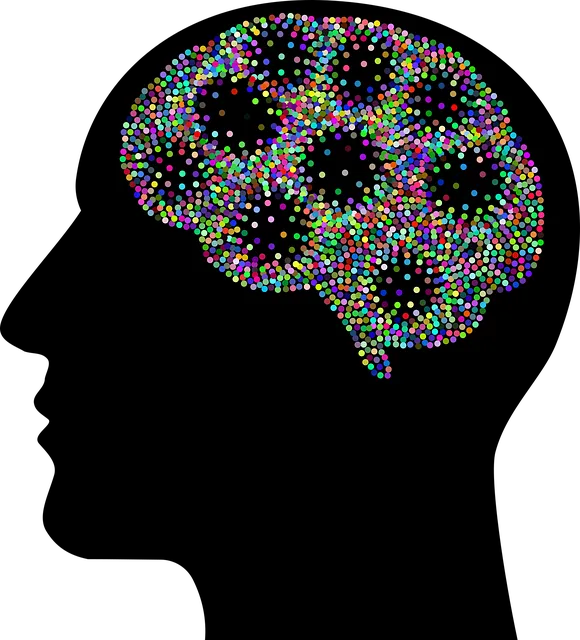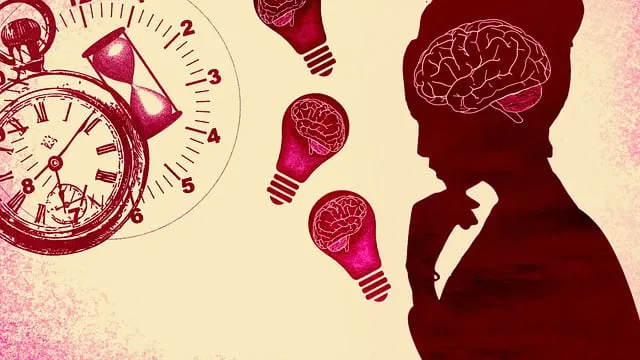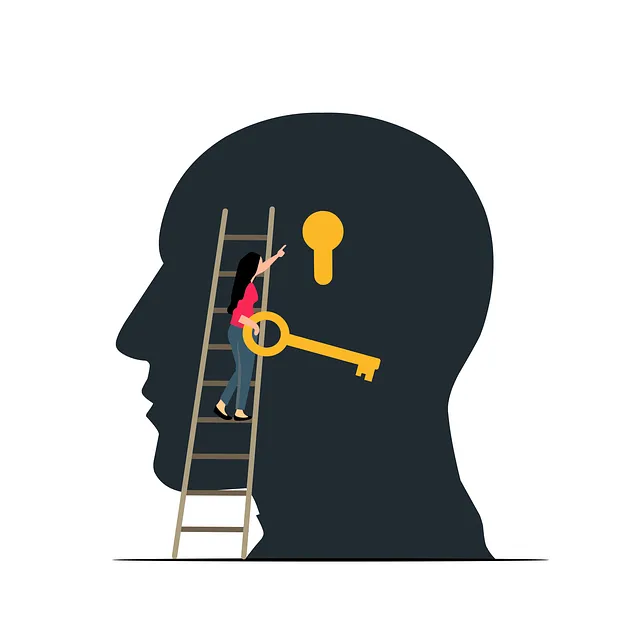The Kaiser Permanente Mental Health Access Center Centennial emphasizes the critical role of cultural competency in modern medical practice, especially for diverse communities. By addressing biological, cultural, and social factors influencing mental health, such as depression, the center's podcast series fosters understanding and respect. Their innovative outreach and coaching programs have achieved significant results in preventing depression among underrepresented groups by breaking down cultural barriers. This model program demonstrates improved patient outcomes and satisfaction through comprehensive cultural competency training, setting a global standard for healthcare organizations aiming to revolutionize mental health access.
Cultural competency training is an essential aspect of modern healthcare, ensuring providers can deliver quality care to a diverse patient population. This article explores this critical topic, focusing on the Kaiser Permanente Mental Health Access Center Centennial as a model for effective training programs. We’ll delve into the significance of cultural competency, discuss a successful case study, and provide actionable strategies for implementing comprehensive training that fosters inclusive healthcare practices.
- Understanding Cultural Competency in Healthcare: A Need in Modern Practice
- Kaiser Permanente Mental Health Access Center Centennial: A Model for Training
- Implementing Effective Cultural Competency Training Programs for Healthcare Providers
Understanding Cultural Competency in Healthcare: A Need in Modern Practice

In today’s diverse society, cultural competency within healthcare has become an indispensable need for modern medical practice. This concept involves understanding and appreciating the cultural differences that shape individuals’ health beliefs, behaviors, and interactions with healthcare systems. At the Kaiser Permanente Mental Health Access Center Centennial, we recognize that cultural competence is not just a desirable trait but a fundamental requirement to ensure equitable care.
The importance of this competency is particularly evident when addressing mental health concerns, as issues like depression are not only affected by biological factors but also heavily influenced by cultural and social contexts. The Mental Wellness Podcast Series Production, for instance, can be a powerful tool to bridge these gaps by offering self-awareness exercises and education that cater to diverse audiences. By fostering an environment of understanding and respect, healthcare providers can better serve all patients, especially those from underrepresented or minority backgrounds, ultimately promoting better mental health outcomes and prevention strategies like depression prevention initiatives.
Kaiser Permanente Mental Health Access Center Centennial: A Model for Training

The Kaiser Permanente Mental Health Access Center Centennial stands as a beacon of best practices for cultural competency training in healthcare. This pioneering initiative offers valuable insights into enhancing mental health services within diverse communities. By integrating community outreach program implementation and mental wellness coaching programs development, the center has demonstrated significant improvements in depression prevention. Their approach emphasizes understanding and addressing cultural barriers, ensuring that mental health care is accessible and tailored to the unique needs of various populations.
Through innovative strategies, the Kaiser Permanente Mental Health Access Center Centennial has fostered an inclusive environment, empowering healthcare providers to deliver culturally sensitive services. This model training program not only equips professionals with the skills to navigate complex cultural landscapes but also promotes positive mental wellness outcomes in underserved communities. It serves as a compelling example for organizations worldwide seeking to revolutionize their mental health access strategies.
Implementing Effective Cultural Competency Training Programs for Healthcare Providers

Implementing effective cultural competency training programs is a key step in enhancing healthcare services, especially within diverse communities like those served by the Kaiser Permanente Mental Health Access Center in Centennial. These programs aim to equip healthcare providers with the knowledge and skills to deliver culturally sensitive care, bridging the gap between patients and their treatment. By fostering cultural sensitivity in mental healthcare practice, providers can improve patient outcomes and satisfaction.
The curriculum for such training should incorporate various components, including risk assessment for mental health professionals, social skills training, and practical workshops that simulate real-world scenarios. This holistic approach ensures that healthcare providers not only understand the theoretical aspects of cultural competency but also develop practical tools to navigate complex interpersonal dynamics. Regular updates and ongoing support are essential to maintain the effectiveness of these programs, reflecting the evolving nature of cultural sensitivity in healthcare.
Cultural competency training is an essential component of modern healthcare, as evidenced by successful programs like the Kaiser Permanente Mental Health Access Center Centennial. By implementing effective training initiatives, healthcare providers can improve patient outcomes and foster more inclusive care environments. These efforts are crucial in addressing disparities and ensuring that diverse communities receive respectful, culturally sensitive services. Through ongoing education and exposure to various cultural perspectives, healthcare professionals can navigate complex interactions with enhanced empathy, ultimately revolutionizing the way care is delivered.






